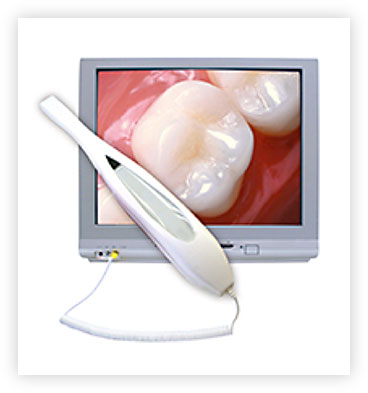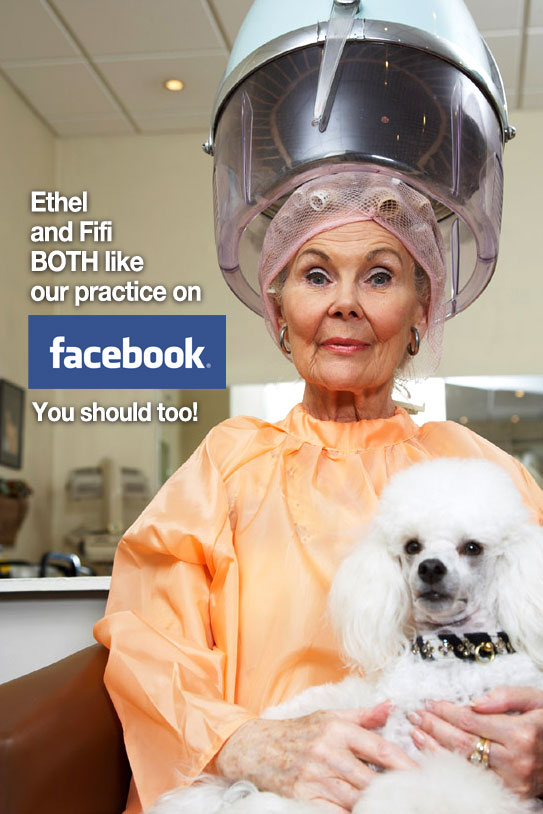ARE YOU NEWLY GRADUATED, stuck in a mid-life crisis, starting a new career, or re-entering the dating scene? No matter what change your life may be going through, having an unforgettable smile may be just the thing to help boost your confidence and get you feeling unstoppable.
Here at Lake Oconee Dentistrywe know that flashing a smile is one of the best ways to turn someone else’s day around…But guess what—smiling not only brightens other people’s days, it also benefits the smiler!
Here are some reasons we should smile!
- It Makes You More Attractive: It is no secret that we are drawn to people who smile. There’s something remarkably irresistible about someone who isn’t afraid to flash those pearly whites.
- It’s Contagious: A simple smile has the ability to brighten a whole room and draw people to you. The world would be a happier place if everyone kept smiling!
- It Can Change Your Mood: Even when you feel down, smiling can trick your body into changing your mood! Try it the next time you’re not having the best day.
- It Boosts Your Immune System: When you smile, your immune function improves due to increased relaxation.
- It Relieves Stress: We all know what it’s like to look stressed and overwhelmed…but did you know that putting on a smile makes you look happier AND actually takes away some of that stress!?
- It Lowers Blood Pressure: The physical act of smiling causes a measurable reduction in your blood pressure. Test it out at home if you don’t believe us!
- It’s A Natural Drug: Studies have shown that smiling actually releases endorphins, serotonin, and natural pain killers.
- It Makes You Look Younger: The muscles your body uses to smile actually lift the face, making you appear younger and healthier!
- Smiling Makes You More Successful: Smiling in a job interview is much more likely to land you the job! People who smile appear more confident and approachable—and they end up being the ones that get promoted!
- Smiling Helps You Stay Positive: Try this—put on a smile, and then think about something negative without losing the smile. It’s hard to feel quite as down when you’ve got a grin on your face, huh? When we smile our body sends us a message saying “Life is Good!” Worry, stress, and depression problems can be greatly helped through smiling.
So, the long and short of it is: SMILE! Don’t let insecurities about your teeth hold you back any longer! If you are uneasy about smiling, talk to Drs. Bradley and Dr. Boswell about the many options available at Lake Oconee Dentistry. We can have you proud and confident about your smile in no time!
Contact our practice today. Your unforgettable smile awaits you.

 Our intra-oral camera is an amazing handheld device that combines an extremely bright light source with a tiny, high definition video camera. Most intra-oral cameras look a lot like a writing pen, and when moved around inside your mouth, they give our team the ability to see enlarged, detailed images of the surfaces of your teeth, the condition of your gums, and other valuable information about the tissues inside your mouth.
Our intra-oral camera is an amazing handheld device that combines an extremely bright light source with a tiny, high definition video camera. Most intra-oral cameras look a lot like a writing pen, and when moved around inside your mouth, they give our team the ability to see enlarged, detailed images of the surfaces of your teeth, the condition of your gums, and other valuable information about the tissues inside your mouth.



